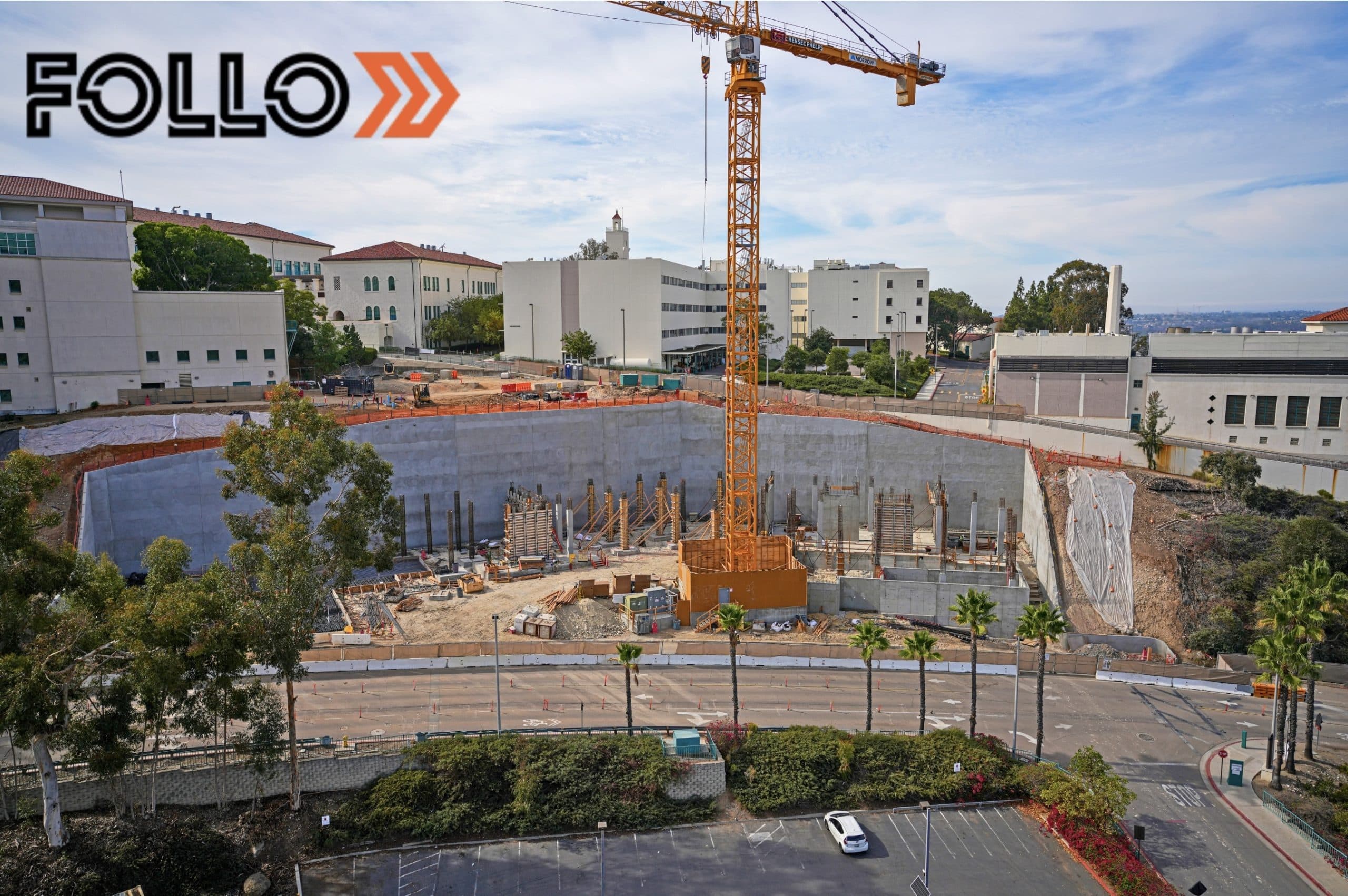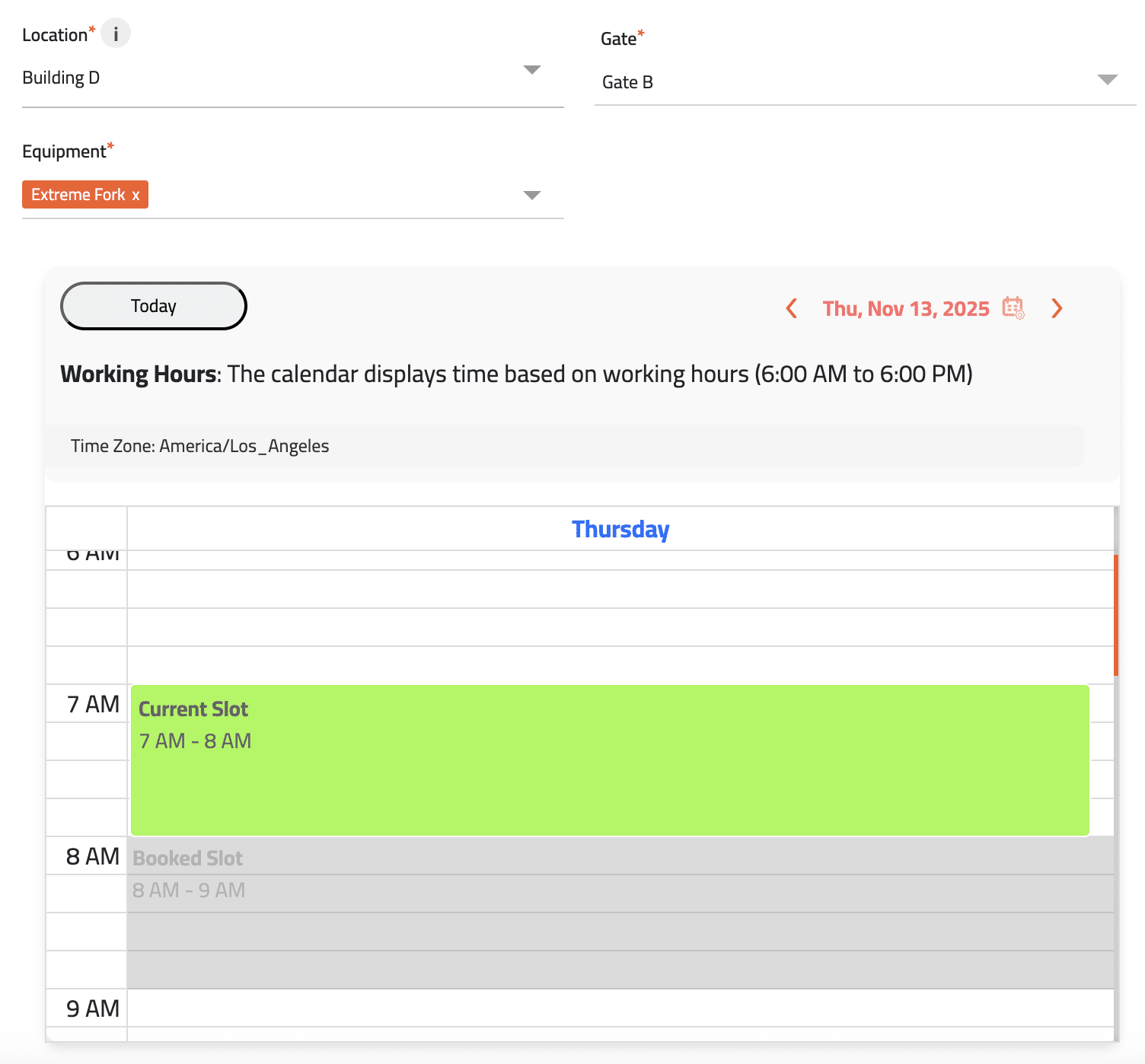Denver, Colorado’s dynamic construction industry demands a strategic approach to material procurement and delivery. Challenges such as variable weather conditions and urban congestion necessitate careful planning. This article addresses the specific considerations for optimizing material delivery timelines in Denver and offers practical tips for coordinating with suppliers and scheduling deliveries to minimize downtime, ensuring efficient operations in the city.
Challenges in Material Procurement and Delivery:
- Weather Variability: Denver experiences rapid weather changes, including sudden snowstorms and temperature fluctuations. These conditions can disrupt delivery schedules and necessitate contingency plans.
- Urban Congestion: Traffic congestion, particularly in the downtown area, can lead to delays in material deliveries. Coordinating with suppliers and planning routes are essential for timely arrivals.
- Regulatory Compliance: Denver may have specific regulations regarding the timing and nature of deliveries. Familiarizing yourself with local ordinances and obtaining necessary permits is crucial.
- Supplier Availability: Suppliers may have their own scheduling constraints. Understanding their operational hours and peak periods helps in optimizing delivery timelines.
Solutions and Tips for Efficient Material Delivery:
- Weather-Resilient Planning: Incorporate weather forecasts into delivery scheduling. Anticipate adverse conditions and adjust delivery times or routes accordingly.
- Early Supplier Collaboration: Establish clear communication channels with suppliers. Share project timelines and specific requirements to align expectations and ensure timely deliveries.
- Route Optimization: Plan delivery routes to minimize exposure to traffic congestion. Utilize GPS technology and real-time traffic updates for dynamic route adjustments.
- Alternative Storage Options: Identify nearby storage facilities where materials can be temporarily stored if on-site storage space is limited. This allows for just-in-time deliveries, reducing the risk of damage or theft.
- Continuous Communication: Maintain regular contact with suppliers to stay informed about any potential delays or changes in delivery schedules. Proactive communication allows for quick adjustments.
- Utilize Construction Management Software: Implement software solutions that facilitate efficient procurement and delivery tracking. These tools provide real-time visibility and streamline coordination efforts.
- Flexibility in Work Schedules: Plan construction activities to align with expected delivery times. This ensures that materials are put to immediate use, reducing the need for on-site storage.
- Adaptability to Regulatory Requirements: Stay updated on local regulations and codes governing deliveries in Denver. Adjust delivery plans to ensure compliance with these requirements.
Conclusion:
Optimizing material delivery timelines in Denver, Colorado requires a combination of strategic planning, effective supplier coordination, and adaptability to local challenges. By understanding and addressing the unique factors influencing material procurement and delivery, construction projects can operate seamlessly in this dynamic urban environment. Implementing these tips and solutions will contribute to the overall success of construction endeavors in Denver.
For more information on efficient delivery planning, visit Follo’s Delivery Calendar.

